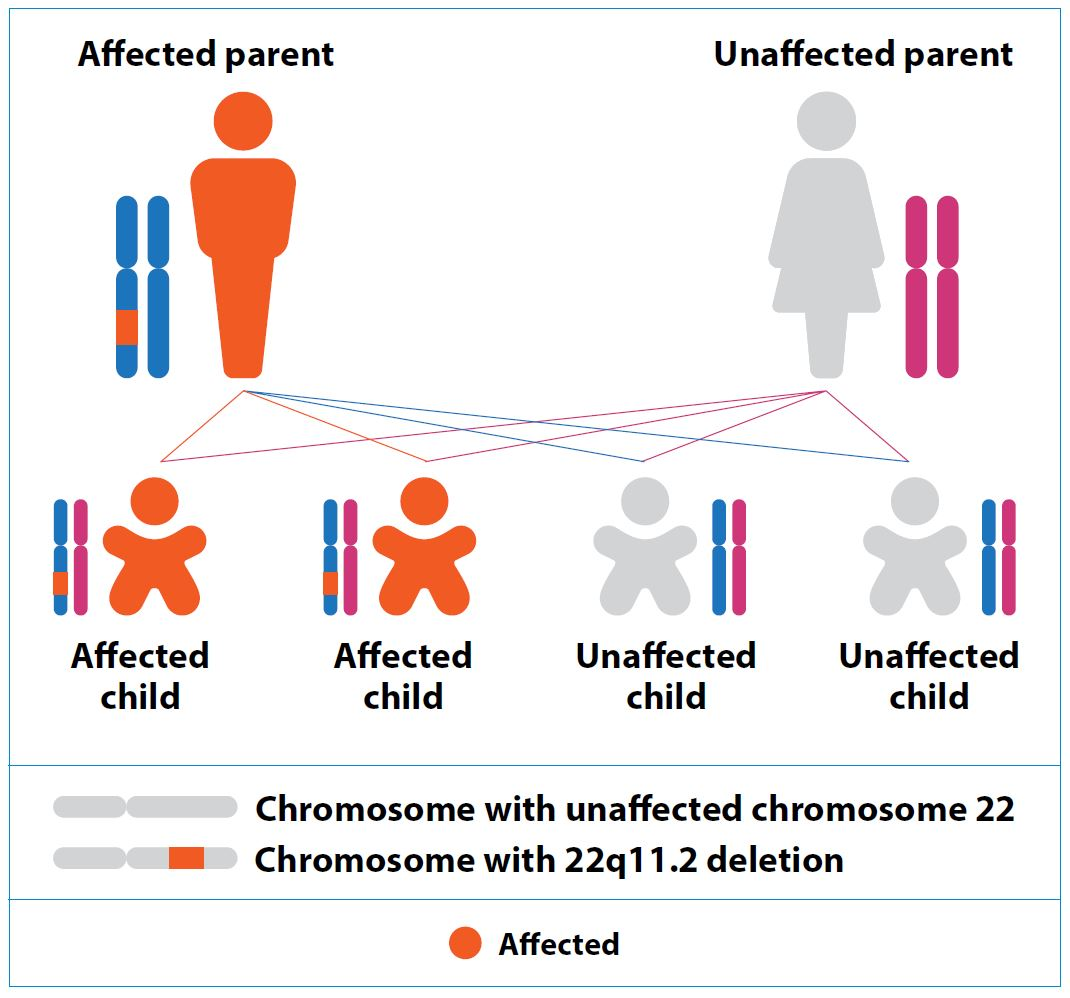Characterizing the spectrum of mitochondrial DNA deletion disease syndromes
Researchers from the Mitochondrial Medicine Program at Children's Hospital of Philadelphia (CHOP) have better characterized a spectrum of what were classically considered discrete mitochondrial DNA deletion disease syndromes. The findings offer new insights into genetic causes, potential symptoms, and disease progression, and may inform future clinical trial development. The findings were published today in the journal Genetics in Medicine.
Mitochondrial disease refers to a group of disorders that affect the mitochondria, which are tiny compartments present in almost every cell of the body that generate most of our energy. Certain forms of mitochondrial disease – Pearson syndrome, Kearns-Sayre syndrome (KSS) and chronic progressive external ophthalmoplegia (CPEO) – are each caused by single large-scale mitochondrial DNA (mtDNA) deletions (SLSMD), which involve the loss of a large segment within the small DNA genome that is found exclusively in the mitochondria.
While the genetic cause of these SLSMD syndromes is similar, the affected tissues and clinical presentations can vary wildly. Pearson syndrome is typically diagnosed in infancy due to growth failure and anemia; KSS might develop as progressive multi-system symptoms during mid-childhood; and CPEO typically presents in adults with eye muscle movement problems. Understanding the natural history study of these rare diseases is particularly challenging because so few patients are diagnosed in any stage and some cases can lead to early death.
To better understand SLSMD's molecular and clinical scope, researchers compiling information and data from 30 known cases seen at CHOP between 2002 and 2020 was performed using modern techniques for analyzing electronic medical records to more quickly and nimbly conduct a retrospective natural history study.
"Although these are the three named syndromic phenotypes in the spectrum SLSMD syndromes, the spectrum is actually broader and includes patients whose symptoms do not meet any of their strict diagnostic criteria," said first study author Rebecca Ganetzky, M.D., an attending physician in Mitochondrial Medicine and the Director of Mitochondrial Biochemical Diagnostic Test Development at CHOP. "This retrospective natural history study was designed more accurately inform the spectrum of clinical presentation for SLSMD disorders. This will enable future clinical trials to enroll a greater range of patients and evaluate a wider range of clinical endpoints that effectively describe symptom and quality of life effects in meaningful ways to patients across the disease spectrum."
Many of these patients share certain molecular details. For example, this study found that a recurrent deleted region within the gene MT-ND5 occurred in 96% of SLSMD patients, regardless of their eventual clinical phenotype, which tended to evolve from one category to the next in certain patients over time. Additionally, the biomarker peptide growth differentiation factor 15 (GDF-15) was highly elevated in all SLSMD patients in this study, regardless of clinical features. Higher levels in blood of SLSMD heteroplasmy– a phenomenon unique to mtDNA reflecting the presence of both normal and deleted genomes in a patient – correlated with earlier age of disease onset. As a patient's age increased, greater fatigue and lower quality of life were reported.
This study was supported in part by an investigator-initiated sponsored research award from Minovia Therapeutics and from the Children's Hospital of Philadelphia Mitochondrial Medicine Frontier Program.
DNA deletion, genetic mutation, genome editing, chromosomal aberration, gene loss, genetic disorder, DNA repair, genetic variation, CRISPR-Cas9, genetic recombination, hereditary disease, DNA sequencing, mutation analysis, exon deletion, genomic instability, structural variation, genetic abnormality, frameshift mutation, molecular genetics, pathogenic mutation,
#DNADeletion #GeneticMutation #GenomeEditing #ChromosomalAberration #GeneLoss #GeneticDisorder #DNARepair #GeneticVariation #CRISPRCas9 #GeneticRecombination #HereditaryDisease #DNASequencing #MutationAnalysis #ExonDeletion #GenomicInstability #StructuralVariation #GeneticAbnormality #FrameshiftMutation #MolecularGenetics #PathogenicMutation
International Conference on Genetics and Genomics of Diseases
Visit: genetics-conferences.healthcarek.com
Award Nomination: genetics-conferences.healthcarek.com/award-nomination/?ecategory=Awards&rcategory=Awardee
Award registration: genetics-conferences.healthcarek.com/award-registration/
For Enquiries: genetics@healthcarek.com
Get Connected Here
---------------------------------
---------------------------------
in.pinterest.com/Dorita0211
twitter.com/Dorita_02_11_
facebook.com/profile.php?id=61555903296992
instagram.com/p/C4ukfcOsK36
genetics-awards.blogspot.com/
youtube.com/@GeneticsHealthcare

Comments
Post a Comment